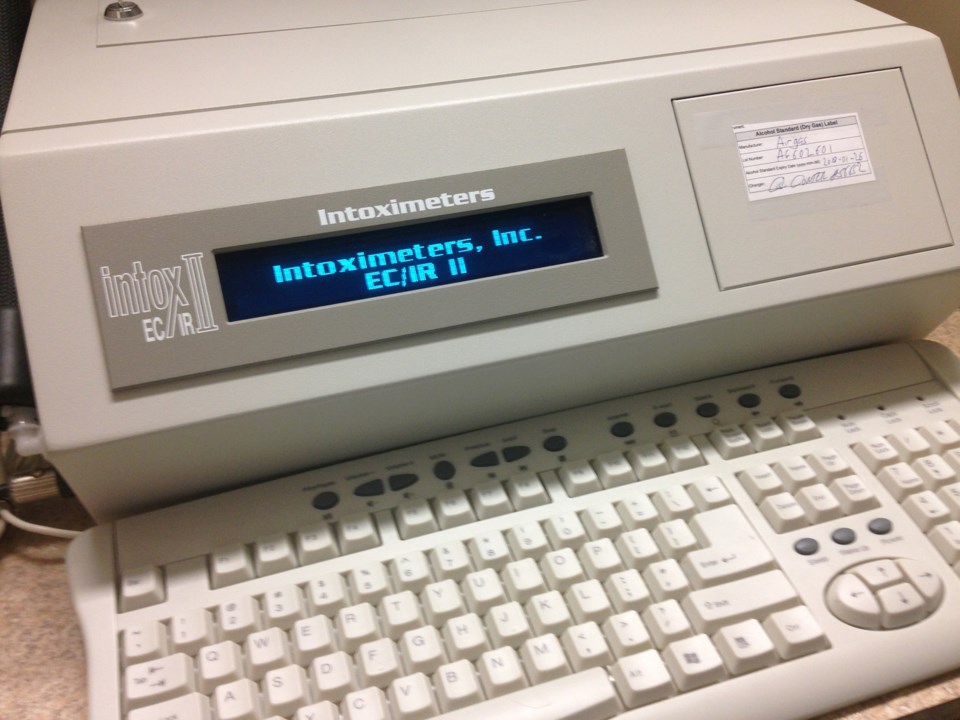When Alan Mills and Jen Rosling moved into their place on Miller Road right before the cross walk to Crippen Park, they say realized that speeding on their stretch of road was a problem. They’ve tried to alert drivers to with a little windmill and a sign asking people to slow down, but ultimately, Mills says he would like to see a raised crosswalk put in to force people to slow down. More speed bumps is an idea RCMP Cpl. Paulo Arreaga says he is on board with in order to help keep Bowen Islands roads safe.
“I would like to see more speed bumps in the lower Cove,” he says. “In a high density area with so many pedestrians, 30 km per hour is actually quite fast.”
He says that road safety is a priority for the Bowen Island RCMP.
“Our roads are not well lit, they’re narrow and there’s no buffer zone for pedestrians and cyclists,” says Arreaga. “We do moving enforcement that can monitor the speed of cars moving towards us and we park somewhere and monitor speeds while we get our paperwork done – but we can’t be enforcing speed limits 24 hours a day.”
Arreaga says that this year, the Bowen Island RCMP have made 85 speed-related infractions. While he does not have statistics from previous years to compare to, he says he considers this to be high.
“People are gunning for the ferry,” he says.
At the moment, the RCMP is focusing on patroling Seven Hills, Whitesails and Grafton Roads for speeding drivers.
Arreaga says that impaired driving also remains a problem on Bowen.
“I’d say it’s a problem all over Canada, but maybe in a small town where there are fewer cars people are less concerned,” he says. “We are increasing the level of enforcement on this, and this year we’ve issued ten Immediate Roadside Prohibitions.”
These prohibitions (otherwise known as IRPs) are issued when a driver’s breath is found to have more than 99 mg of alcohol per 100 units of blood.
“When someone gets an IRP for a fail, they not only have to pay a $500 fine but also have to pay for their car to be impounded for 30 days. I’ve heard of this costing between $5,000 and $7,000. It can really hit a family hard,” he says. “Services like the Grey Whale offered by the pub no doubt help reduce the amount of impaired driving that happens on Bowen, but when people have a lot to drink, they still make bad decisions.”



